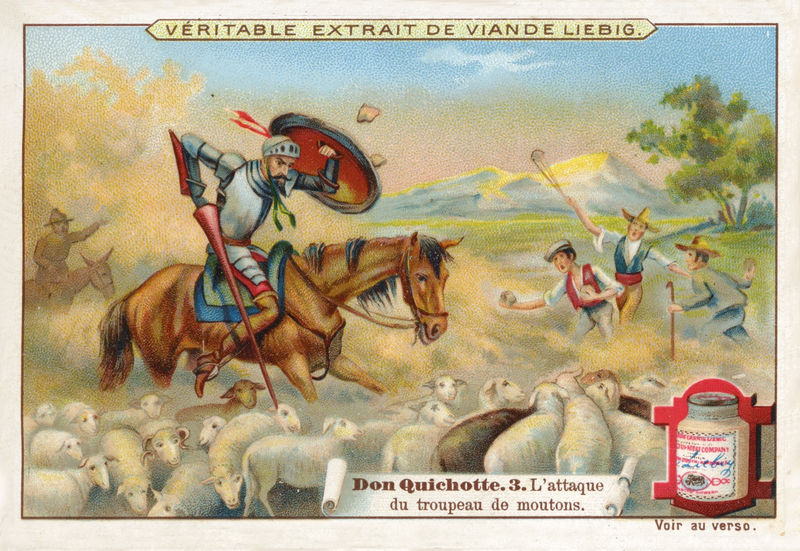Antoine Waterkeyn
Ein bisschen Goethe, ein bisschen Bonaparte
FRED&FERRY GALLERY
03.09-01.10.2022
"The thing is inseparable from a person perceiving it, and can never be actually in itself because it stands at the other end of our gaze or at the terminus of a sensory exploration which invests it with humanity."
In the post-war period, the French philosopher Maurice Merleau-Ponty theorized the intertwining of the perceiving subject and the perceived object. According to him, embodied - as in: completely sensory and not just visual - experience is essential to know and understand the world. His ideas had a strong influence on Minimalist artists as well as their critics in the 1960s. The radical, often geometric, simplicity of Minimalist artworks requires the presence of visitors: their perception of the work in the space and their awareness of the ways in which they perceive it. Precisely because of this, Minimalism paved the way for what would later be called immersive installation art, according to British art historian Claire Bishop. It is in line with these developments that Antoine Waterkeyn's practice also unfolds as a multi-layered Gesamtkunstwerk.
Waterkeyn is building an oeuvre that can best be described as a theater depot: a gathering place of works, references and characters, with which anything can still happen. These images end up in the depot as props, and their potential is only realized when they are brought out in a new constellation. Waterkeyn often works in series, whereby each series can be read as a scenario. However, the visitors are asked to actively participate in the writing - what story do they read between the works? And between the images in one work?
In his paintings, Waterkeyn does not shy away from playing with symbols and icons from (Western) (art) history. He worships them and destroys them a second later. He never leaves them unambiguous, and far from perfect. Maybe like in that France Gall song: it is a choice between strong brains and strong arms, between cleverness and courage.
This is also the case in this series of works that he started around April 2021. For this, Waterkeyn was drawn to a collection of chromo advertising pictures from the bouillon brand Liebig which he received from his grandparents and then frantically completed. These chromos, distributed between 1872 and 1975, were intended to form a (very Western and patriarchal) encyclopedia, divided into sub-themes such as fauna and flora. In addition, due to the different techniques and quality with which they were produced, the prints actually reflect the evolution of image reproduction.
Waterkeyn now adds another layer: he scanned the chromos in high resolution with a photo scanner, edited them digitally and made collages with them. The result is digital works that exist as fully-fledged paintings in terms of depth, colour research, gesture and abstraction. For this series, the digital paintings were then printed directly on dibond and finally painted over by Waterkeyn. Digitally translating the painterly craft, applying photographic techniques (such as inversion and transparency) and subsequently misleading visitors with painting - it is all part of Waterkeyn's research into medium specificity.
Where in his previous series, 'The hour the ships come in', the works were painted over to highlight certain areas, he now chose for a more far-reaching approach. In several, thick layers, he applied iridescent paint over almost the entire surface. As a result, the light clashes. Is it reflected? Absorbed? Or is it in fact burning from behind the image? The iridescent paint initially might outshine everything else on the surface, at a glance, but, as Marcel Duchamps said in a 1966 interview, "the retina is only a door that you open to go further."
What is hidden behind that door in Waterkeyn's work, are clues for a narrative that asks to be made up; an illusory play of what was and what was not painted; abstraction and figuration in a single work. The painting has various manifestations and yet - or because of that? - its core remains elusive. It is impossible for visitors to see all the images in the work at once. Nor can visitors see all the images in the work from one place. Waterkeyn's works show themselves over a certain duration and through a certain displacement. In other words, they encompass time and space at the same time. It is this inevitability of the environment of the work, in which a visitor is necessary, that Merleau-Ponty, that the Minimalists, that installations refer to.
In turn, the sculptural series of works that Waterkeyn presents references Minimalism in a formal way. In the building where he has his studio, Waterkeyn gathered ladders. Ladders are symbolically loaded in advance; to make strong sculptures out of them, the metaphors had to be removed. Waterkeyn did this by emphasizing the object's characteristics by repeating the object, following the example of Carl Andre and Donald Judd. Afterwards, he also poured opaque and iridescent paint over these works. However, where the Minimalists saw repetition as an impersonal, non-narrative juxtaposition, Waterkeyn opted for a narrative subordination of elements that provide a dramatic tension. These sculptures ask to listen, to observe, for humanity.
Eline Verstegen


